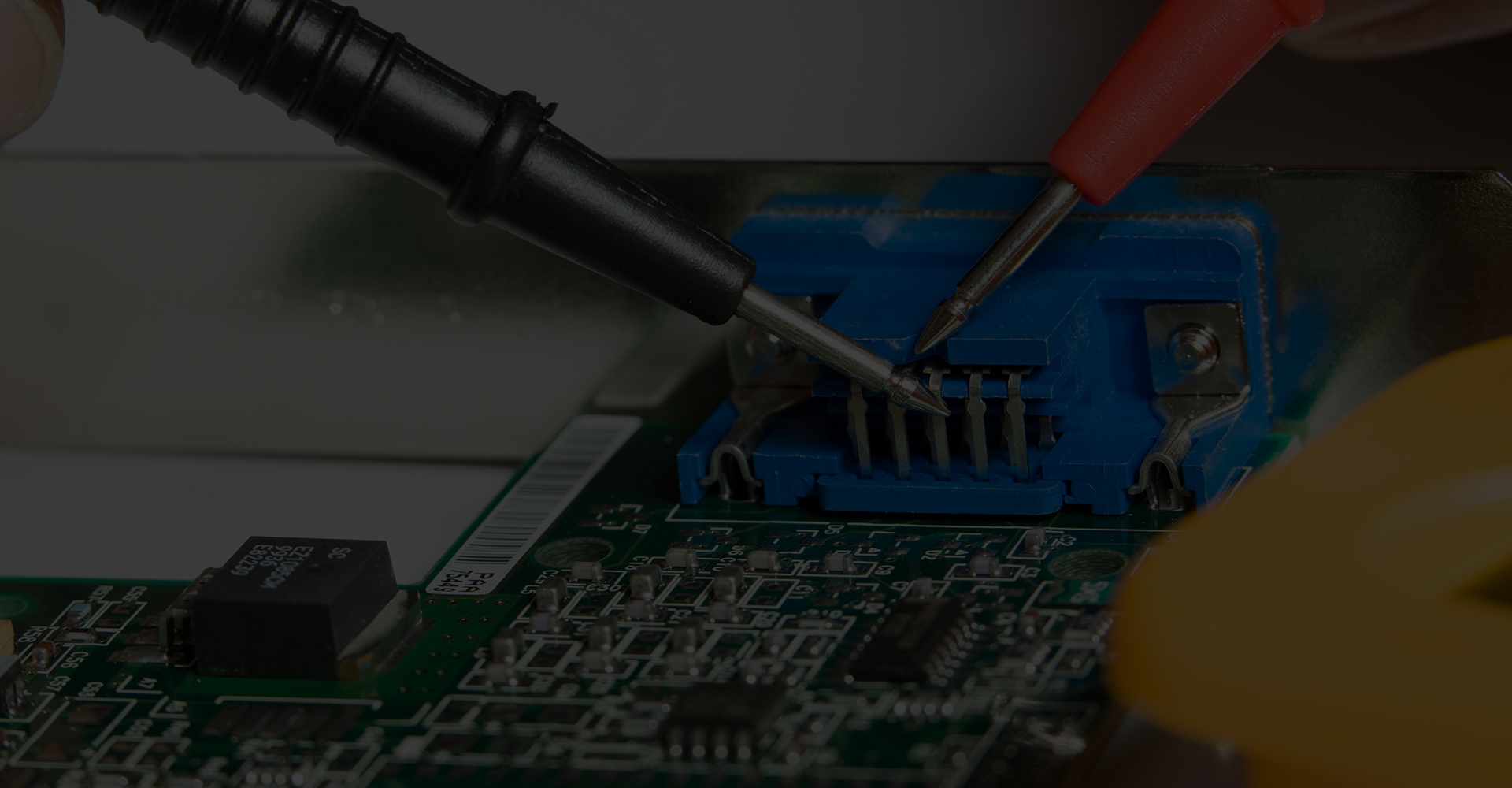Redispersible Emulsion Polymer Powder (RDP) for Mortar and Tile Adhesive Applications
In the construction industry, the demand for high-performance materials is ever-increasing. Among these materials, redispersible emulsion polymer powders (RDP) play a critical role, particularly in the formulation of mortar and tile adhesives. RDPs, derived from emulsions through a spray-drying process, offer unique properties that enhance the performance of construction materials, making them indispensable in modern construction.
What is Redispersible Emulsion Polymer Powder?
Redispersible emulsion polymer powder is a free-flowing dry powder that can be re-dispersed in water to form a stable emulsion. This powder is typically produced from various polymer types, including styrene-acrylics, vinyl acetate-ethylene, and other copolymers. When incorporated into mortar formulations, RDP significantly improves the adhesion, flexibility, and durability of the final product.
Benefits of Using RDP in Mortar and Tile Adhesives
1. Enhanced Adhesion One of the primary advantages of using RDP in tile adhesive formulations is its ability to enhance adhesion. The polymer particles create a stronger bond between the tile and the substrate, reducing the likelihood of tile delamination and ensuring a long-lasting installation. This is particularly important in environments exposed to moisture and thermal cycling where traditional cementitious adhesives may fail.
redispersible emulsion polymer powder rdp for mortar tile adhesive

2. Improved Flexibility and Crack Resistance RDP enhances the flexibility of mortar and adhesive formulations. This flexibility is vital in preventing cracking due to temperature fluctuations and structural movements. The incorporation of RDP allows for the accommodation of slight movements in the substrate without compromising the integrity of the tile installation.
3. Water Resistance Mortars and adhesives containing RDP demonstrate improved water resistance. This characteristic is crucial for applications in wet areas, such as bathrooms and kitchens, where exposure to water can lead to the degradation of conventional adhesives. RDP-modified formulations maintain their performance even in high-moisture conditions, ensuring that tiles remain securely bonded over time.
4. Workability RDPs enhance the workability of mortar mixtures, allowing for easier application and manipulation. This feature is particularly beneficial for contractors, as it translates into faster and more efficient installation processes. Improved workability means that the adhesive can be spread more evenly, leading to better coverage and ultimately, better adhesion.
5. Environmentally Friendly With growing environmental concerns, the construction industry is leaning towards sustainable solutions. RDPs can contribute to this by reducing the amount of cement required in mortar formulations. Since polymers can partially replace cement without sacrificing performance, the carbon footprint associated with construction activities can be significantly lowered.
Conclusion
The inclusion of redispersible emulsion polymer powders in mortar and tile adhesive formulations represents a significant advancement in construction material technology. By enhancing adhesion, flexibility, water resistance, and overall workability, RDPs facilitate the creation of high-performance building materials that meet the demands of modern construction standards. As the industry continues to evolve, the role of RDPs will become increasingly crucial in ensuring durable and reliable building solutions, paving the way for innovative and sustainable construction practices.
-
Rdp Powder: Key Considerations for Wholesalers in the Building Materials IndustryNewsJul.08,2025
-
Key Considerations for Wholesalers: Navigating the World of Hpmc - Based ProductsNewsJul.08,2025
-
Hpmc Detergent: Key Considerations for WholesalersNewsJul.08,2025
-
Key Considerations for Wholesalers: China Hpmc For Tile Adhesive, Coating Additives, Concrete Additives, and MoreNewsJul.08,2025
-
Crucial Considerations for Wholesalers: Navigating the World of Construction MaterialsNewsJul.08,2025
-
Key Considerations for Wholesalers Sourcing Additive For Cement, Additive For Concrete, Additive For Putty from Additive Manufacturer Shijiazhuang Gaocheng District Yongfeng Cellulose Co., Ltd.NewsJul.08,2025




